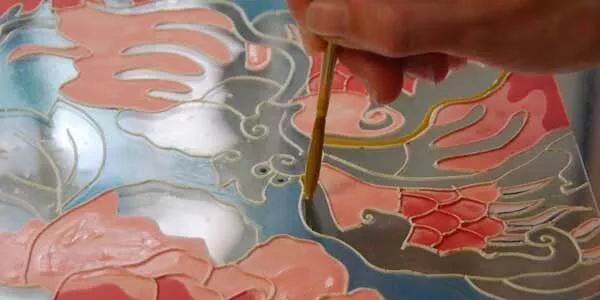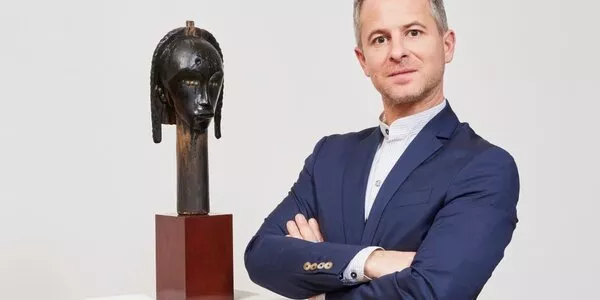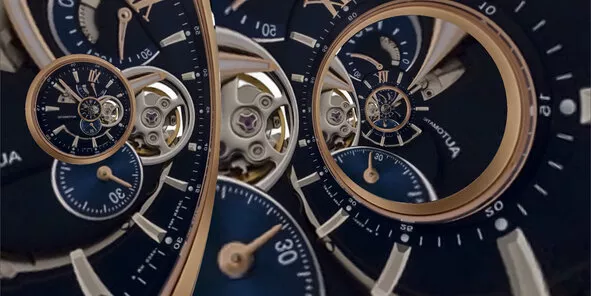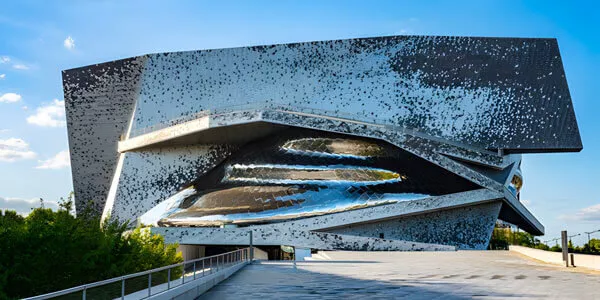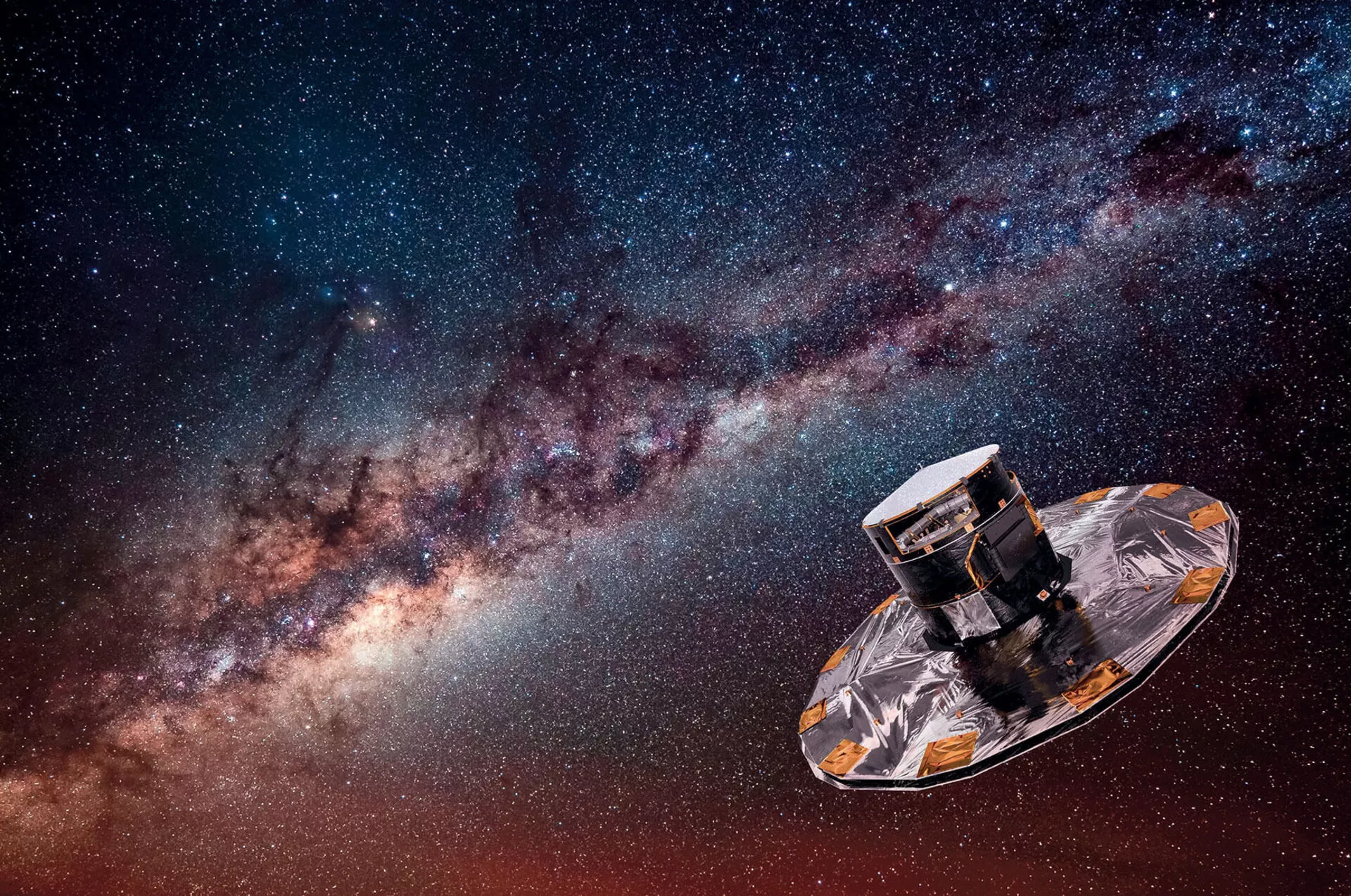
Trending now #1
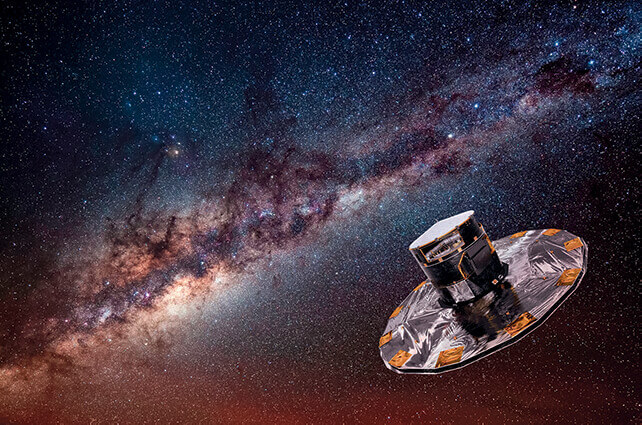
Progress
A new map of the sky
The European Space Telescope, Gaia, has unveiled its third catalogue of celestial objects. And the number of entries is enormous: 1,800,000,000 stars with unprecedented levels of detail about their position, movements, distance and magnitude. This gigantic data base has been eagerly awaited by astronomers, and bodes well for the prospect of many discoveries and revelations in the years to come. The final version of the catalogue, announced for 2022, will include data on the physical characteristics of the observed objects and of our neighbouring galaxy, Andromeda, which is destined to collide with ours... in just a few billion years!
Fashion
Ecopel and eco-responsible textiles
The declining use of animal fur by luxury brands has been a boon for synthetic alternatives. On the condition of showing a green paw, of course! Because whilst faux-fur does spare the lives of animals, it is still made from petroleum derivatives, such as polyester. Ecopel, a former manufacturer of soft toys, now part of the Chinese conglomerate Haixin, has taken up the challenge. The Franco- Chinese company has developed a faux-fur made from corn fibres, which has been adopted by the English designer Stella McCartney. She has now launched a vegan wool, made from recycled hemp, polyester and acrylic that has won over the designer, Vanessa Bruno.
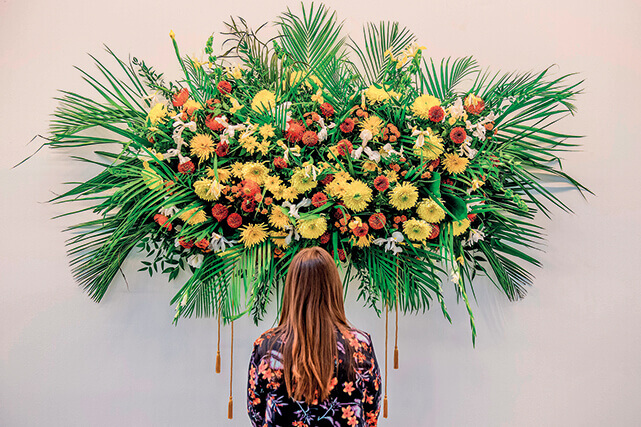
The work
Flowers for Africa, Marcel-Duchamp prize 2020
Kapwani Kiwanga, already awarded the Sobey Prize and the Frieze Artist Award, won the prestigious 2020 Marcel-Duchamp Prize for his work Flowers for Africa.
Born in Canada to a Tanzanian father in 1978, Kapwani Kiwanga arrived in France in 2005 to join the National School of Fine Arts in Paris, after a course in anthropology and comparative religion. With Flowers for Africa, the artist evokes the struggles for independence in Africa, by reconstructing the floral arrangements observed in the archives of the time. These flamboyant bouquets, doomed to fade over the course of the exhibition, are an invitation to question time, history and memory.
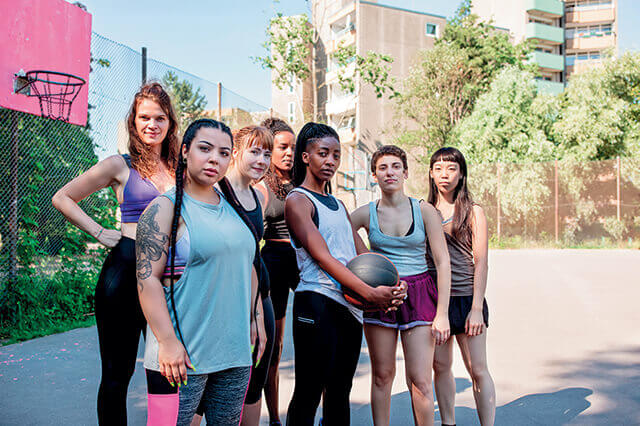
The concept
Glowpowerment
In their SocioTrends 2020 report, Vitamin, a consultancy in trends and opportunities, has identified several major societal trends, based on the analysis of our habits, our aspirations and our struggles. Those trends include: hybrid identity, care, pessimism for the future... but also glowpowerment, which can be defined as a sense of belonging to a community, displaying and affirming in full view or “light”, one’s gender, social background and origins. Derived from empowerment, this term was used at the beginning of the 20th century in the United States by women fighting for the recognition of their rights, by the civil rights movement in the sixties and, more recently, in public policy aimed at tackling poverty.
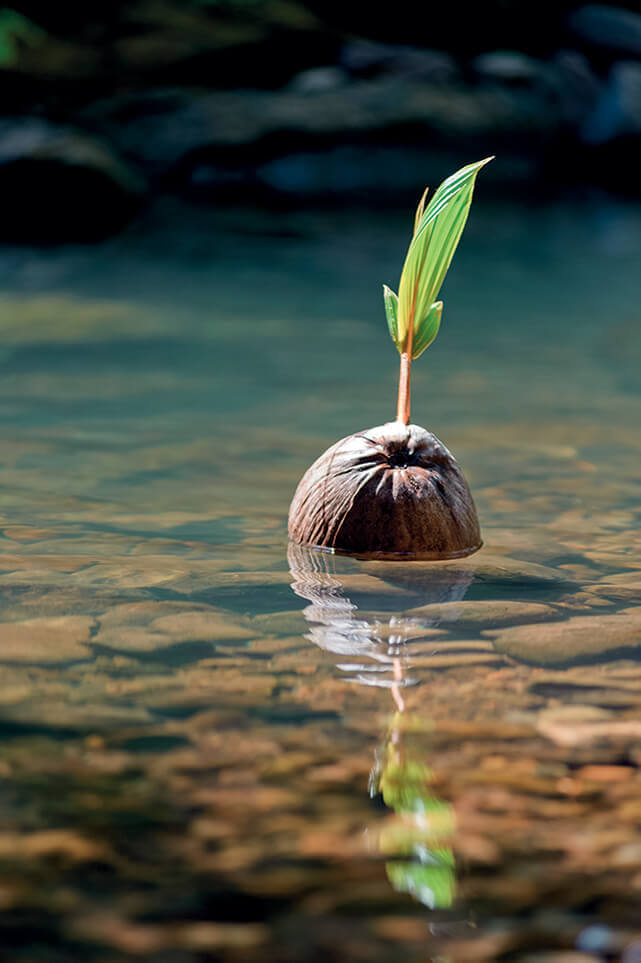
THE UNUSUAL JOURNEY
"Thalassochory"
We know that plants propagate by the dispersal of their seeds, carried by animals, wind or rain. What is less known, especially in our temperate regions, is that ocean currents can carry tropical seeds and plants thousands of kilometres.
This is thalassochory, the marine version of hydrochory. And the champion - of all categories - is the coconut. With its fibrous envelope and its thick and impermeable epidermis, it can still germinate after having floated for weeks in salt water and so it is no surprise that they are abundant along most tropical shorelines. Exotic nourishment for the eyes and the taste buds alike!

The future model
A new European Bauhaus
The President of the European Commission, Ursula von der Leyen, has called
for the creation of a new Bauhaus to help realise a Green New Deal for Europe. Like the Bauhaus movement of 1919, which accompanied the social transition to industrial society and forged the aesthetics of the 20th century, the New Bauhaus would ensure ecological transformation with a project that is at once sustainable, inclusive and artistic. In a first phase called “design”, scientists, artists, engineers, architects, entrepreneurs, academics, students or ordinary citizens are invited to exchange ideas on a dedicated platform(1) to help define the most pressing needs and challenges.
An implementation phase will follow with five pilot projects and then after,
a dissemination of ideas phase with the desire, over the long term, to spread
those ideas beyond the borders of Europe.
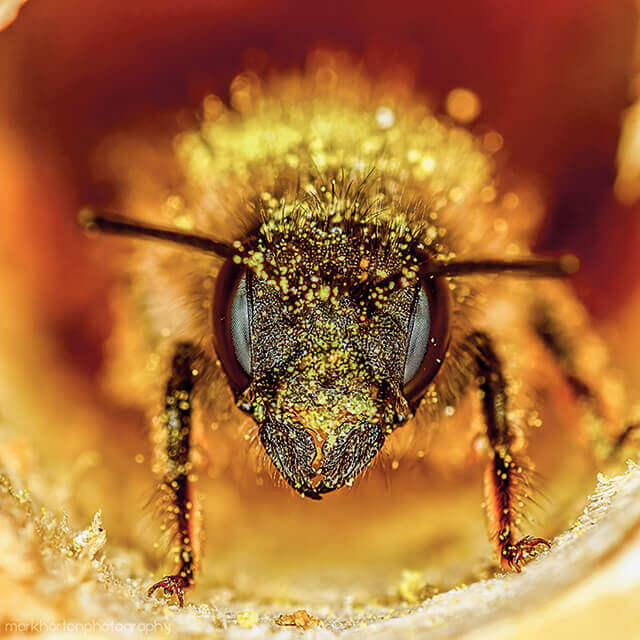
The innovation
The internet of things comes to the rescue of bees
The disappearance of bees is a threat to all of humanity, and scientists are committed to finding innovative solutions. Using the installation of sensors in beehives, artificial intelligence and big data, the Internet of Things, is at the heart of international initiatives such as Apis Protect and the World Bee Project. Sensors make it possible to collect visual and auditory data on the health of bees, as well as on the conditions in the hives (temperature, humidity, weight of the hives and vibrations emitted by the swarm) and thus anticipate swarming or attacks by hornets. This information, delivered in real time, enables bee-keepers to reduce travel and unnecessary inspections, and help scientists to improve their understanding of this vital link in the food chain.
The Sport
Breakdance: A new olympic discipline!
Break dancing, born in the 1970s on the asphalt of the Bronx, will make its debut at the Paris Olympic Games, in an urban park located on the Place de la Concorde. The International Olympic Committee (IOC) has now validated this proposal from the Paris 2024 organising committee. In total, with surfing, climbing and skateboarding, four new disciplines will be included. They are in addition to the twenty-eight traditional summer sports which will first make their appearance at the Tokyo Olympics in 2021. This will help modernise, rejuvenate and feminise this major sporting event, expected to have equal numbers of both male and female athletes. The 1900 Paris Olympics were the first to open up participation to women. Back then this represented just 2% of participants.
